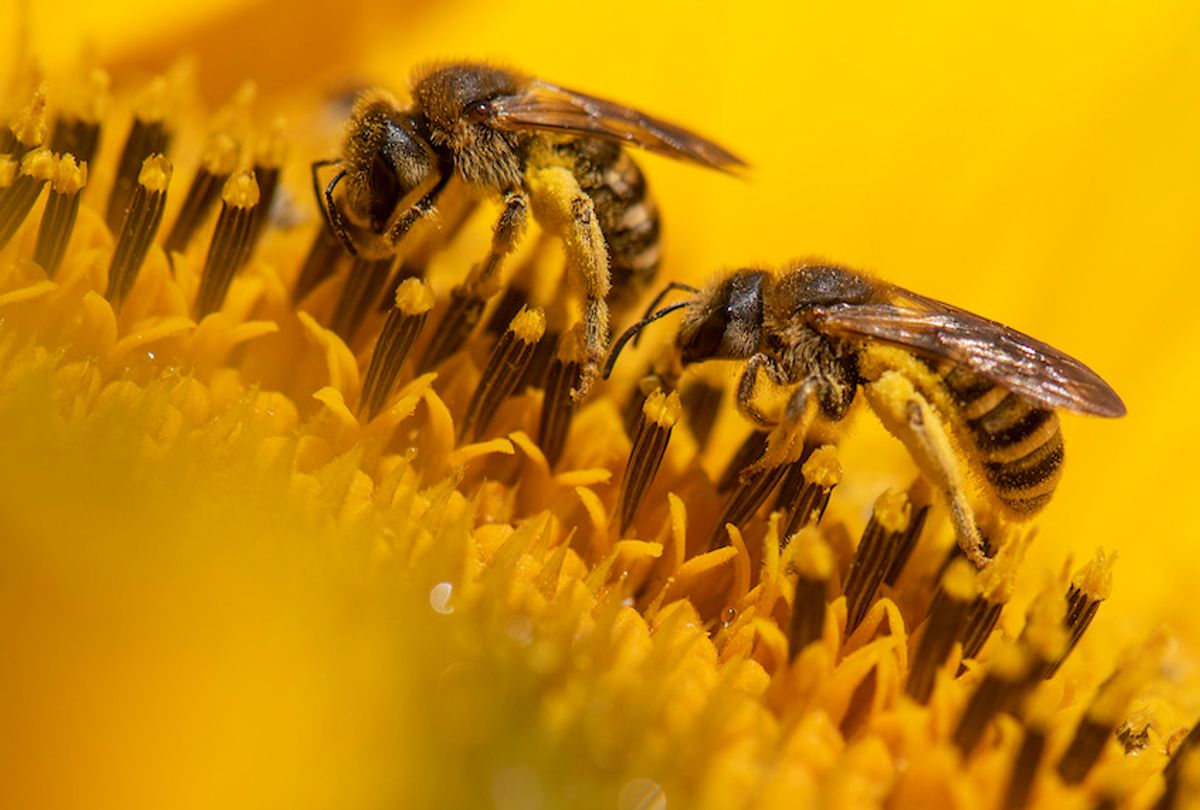It is no surprise that enormous biodiversity loss is a consequence of our rapidly changing planet. Species are going extinct across the globe as a result of global warming, shifting habitats, and the spread of pathogens and invasive species. But some organisms have traits that make them particularly vulnerable to these changes. Scientists are now discovering that social animals — those that live in cooperative societies — may fall into this category.
A group of entomologists at the University of California, Riverside, led by Ph.D. students Kaleigh Fisher and Mari West, examined this phenomenon in social insects such as bees, ants, wasps, and termites. These insects live in colonies in which some individuals focus on laying eggs while others work together to take care of the brood, gather food, and build shelter. They comprise the overwhelming majority of insect biomass in many ecosystems and thus are considered ecologically dominant. However, Fisher and West’s research finds that, as our ecosystems change, the very traits that have provided evolutionary advantages may become liabilities for some social insect species as their environments change.
“Some social insects might actually be susceptible to increasingly altered and unpredictable environments, while others may thrive,” said West in an interview. “It was important for us to turn the idea that social insects are extremely resilient and adaptable species on its head.”
Global change affects more than just social insects — it threatens many other social animals as well. This is because they share common traits, such as the abilities to communicate with each other and protect themselves against diseases. And as we understand more about the threats that come with climate change, these fundamental aspects of social life are likely to change from benefits to burdens for social animals everywhere.




Shares